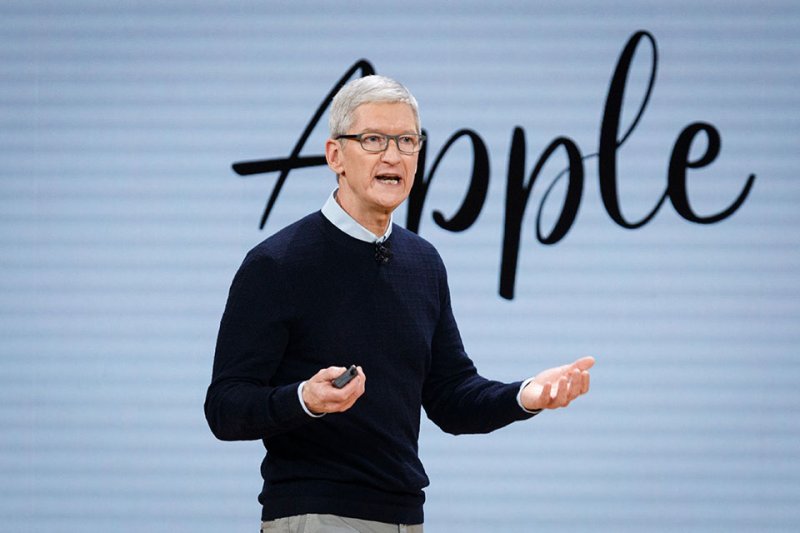TRENDING TAGS :
EU Fines Apple and Meta 700 Million Euros for Breaching Digital Markets Act
The European Commission has fined Apple €500M and Meta €200M for violating the EU’s Digital Markets Act, targeting Big Tech monopolies. Learn about the new rules, the DMA’s impact, and growing tensions between the EU and US tech giants.
Apple
The European Commission has fined Apple €500 million and Meta €200 million for violating the Digital Markets Act (DMA). These penalties represent a clear message from the EU to Big Tech: market abuse will no longer be tolerated.
Apple Breached "Anti-Steering" Rules
App Developers Restricted
Apple was penalized for preventing app developers from informing users about cheaper purchase options outside the App Store. This was found to limit consumer choice and stifle competition.
Consumer Impact
According to the Commission, Apple's policies discouraged alternative payment systems, effectively locking consumers into its ecosystem.
Meta Penalized for Data Practices
No Clear Data Choice
Meta, owned by Mark Zuckerberg, faced a €200 million fine for failing to give users a real option to limit personal data usage. The company forced users to either agree to targeted ads or pay for ad-free services.
Violation of User Consent Rules
The Commission argued that Meta's approach failed to provide a fair alternative, violating the spirit of the DMA’s user rights.
A Delayed but Decisive Move
Geopolitical Concerns
The ruling was originally scheduled for March but was delayed due to fears it could spark a trade conflict. US President Donald Trump had criticized the EU for allegedly targeting American firms.
Enforcement Timeline
The DMA officially came into force in March 2024. This is one of the first major actions taken under the new law.
What is the Digital Markets Act?
The DMA is designed to reduce the power of tech "gatekeepers" like Apple, Google, and Meta. It promotes fair competition and allows consumers more control over their data and app usage.
Key Rules of the DMA
-
Users can uninstall pre-installed apps
-
Data collection must be transparent
-
Third-party payment systems must be permitted
Penalties and Compliance
Fines can reach up to 10% of a company's global turnover and up to 20% for repeated violations. In severe cases, companies may be forced to change their business models.
EU's Message to Big Tech
Official EU Statement
Hena Virkkunen, Vice-President of the European Commission’s Digital Sovereignty Department, said: "Today's decision shows that Apple and Meta have deprived their users of freedom of choice, and they need to change their behavior."
Comparison with Past Fines
Though smaller than Google's €4.34 billion fine in 2018, the current fines mark the beginning of robust enforcement under the DMA.
Apple and Meta Push Back
Apple's Response
Apple accused the Commission of unfair targeting. The company claimed it had invested "millions of engineering hours" to comply with the DMA.
Meta’s Standpoint
Joel Kaplan from Meta argued that the EU was deliberately making it harder for successful American firms to operate while favoring European and Chinese competitors.
What Comes Next?
The fines set a strong precedent and could inspire similar regulations globally. However, the move risks increasing tensions between the EU and American tech giants.
Future Implications
With enforcement gaining momentum, companies like Apple and Meta may face further scrutiny. Non-compliance could lead to even harsher penalties or structural changes to their business models.


